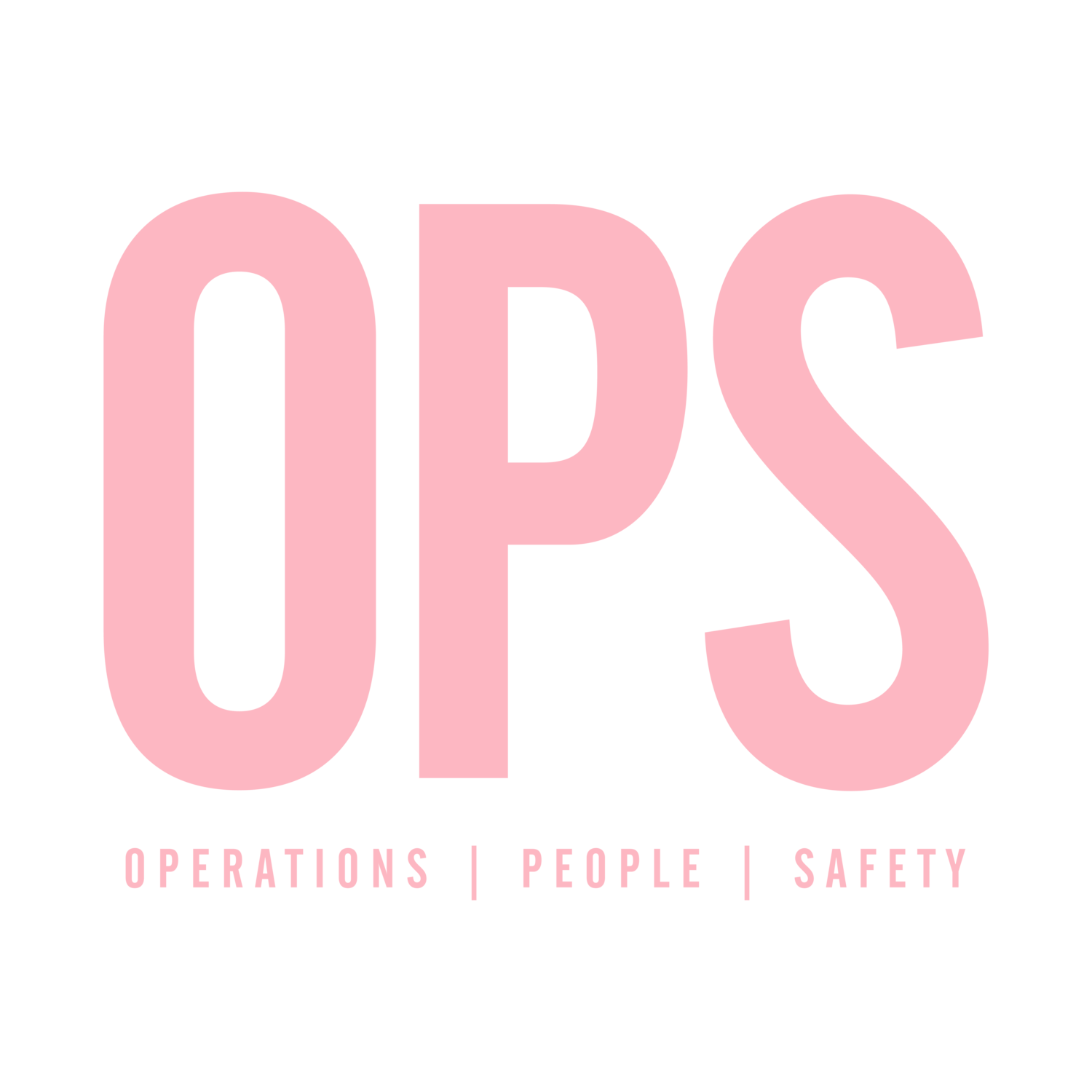Neurodiversity refers to the different ways a person’s brain processes information. It is estimated that around 1 in 7 people in the UK have some kind of neuro difference.
This Neurodiversity Celebration Week, we spoke to Jan Rankou, Senior Operations Manager at We Are OPS, about completing her NEBOSH qualification, and her message to other neurodivergent people in the events industry and beyond…
Congrats on passing your NEBOSH Jan. How does it feel?
I’m really proud of myself for passing it because it was something that I had previously worried I wouldn’t be able to do. So, now that I’ve got the qualification, it feels really good!
It’s a beautiful looking certificate that you’ve got there. For those people who don’t know, can you just explain what NEBOSH actually is?
NEBOSH is the UK’s National Examination Board in Occupational Safety and Health. The organisation offers a variety of courses to provide health and safety practitioners with the knowledge and skills to manage health & safety, identify and control workplace hazards, and meet the UK’s legal requirements in the given workplace.
I have just received my National General Certificate in Occupational Health and Safety – “the gold standard” in globally recognised health, safety and environmental qualifications.
And what do you have to do to gain this qualification?
It involves completing a course and lots of personal study, before producing a practical risk assessment and sitting an exam.
For the risk assessment, I based this on Eastern Electrics: as well as producing the festival, we’ve been delivering operational and health & safety services there since 2017. So, it’s a workplace I know pretty well!
How does NEBOSH benefit you in your job?
Planning for event operations has lots of cross over with health & safety so understanding both is a real benefit. Now, I can also act as a Safety Advisor on site at the festivals and events we work with, as I understand what hazards I need to look out for and how to and how to manage this in the safest way.
It also benefits the services we offer in the lead up to any given event, including the risk assessments we create before heading on site.
Being neurodivergent is something you’re very open about, and something you wanted to highlight today…
I’m dyslexic, and I found out quite late in my life. Navigating educational formats,; whether it be classes, coursework, tests or exams – can be overwhelming, and sometimes this leads me to blank out.
Going into the NEBOSH course, I already knew it was going to be a bit of a challenge, but that’s exactly why I wanted to do the course. I never wanted my dyslexia to stop me from doing the same things that everyone else can do.
I wanted to prove to myself and others that, just because you are dyslexic it doesn’t mean you can’t do training courses or qualifications like this one.
It may be a bit more stressful. It may take a bit more time, but that doesn’t mean I can’t do it.
Also, it’s never too late. I’m in my thirties, and I’ve gained a qualification that I never thought I would have been able to complete. There’s no limit on when
you can achieve.
If I can do this, then I can do anything!
What would your advice be for anybody with dyslexia looking to gain their NEBOSH qualification or something similar?
It’s a case-by-case basis in terms of what works for each person. Try and figure out what works best for you and let people know how they can support you.
For me, when presented with a scenario for the essay question, I found it really helped to print the scenario out so I was able to make notes, and my notes were all in the same place and not jumbled up. I hired the office boardroom for two days to ensure I had extremely quiet surroundings away from distraction.
If you think you can’t do it, there’s no harm in trying. It was tough, but I’m glad I stuck with it, and now I’m exploring other potential courses including crowd management.
If they feel comfortable, I encourage other people to believe in themselves, and go for it!
Neurodiversity Celebration Week is a worldwide initiative that challenges stereotypes and misconceptions about neurological differences. It aims to transform how neurodivergent individuals are perceived and supported by providing schools, universities, and organisations with the opportunity to recognise the many talents and advantages of being neurodivergent, while creating more inclusive and equitable cultures that celebrate differences and empower every individual. Sign up or find out more on the Neuro Diversity Week website.
Find out more about NEBOSH.

